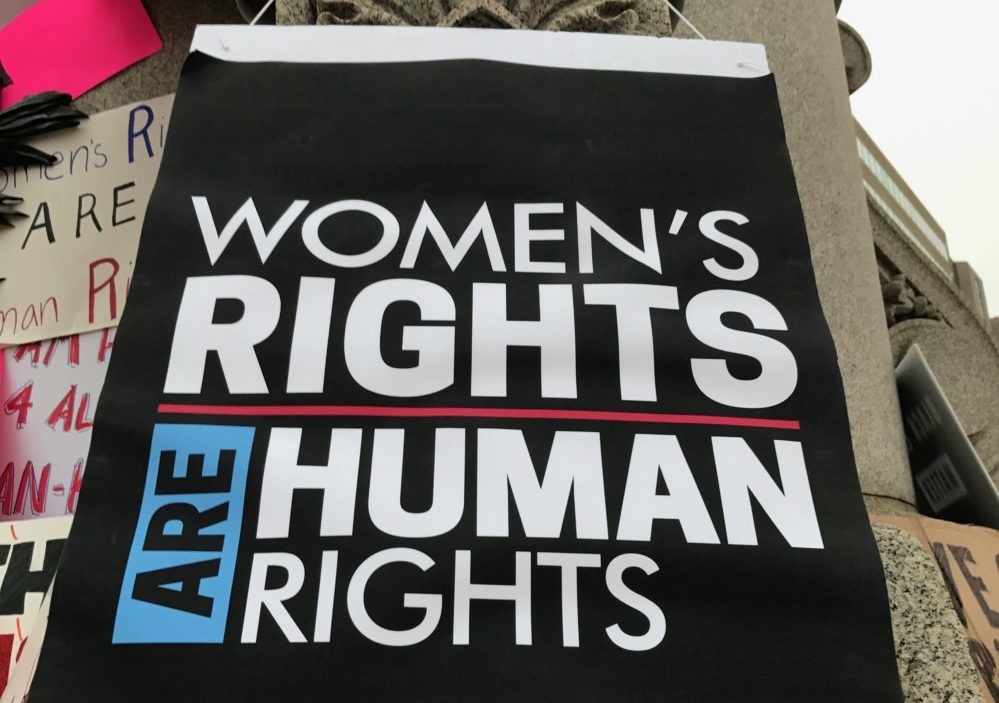Today, March 8th, is International Women’s Day. This year, the advocates who spearheaded the Women’s March on Washington are encouraging women to “strike” on March 8th by taking the day off from both paid and unpaid labor—to make the day, in essence, “A Day Without a Woman.”
As a partner of the Women’s March on Washington, A Better Balance is proud to support this important effort to make visible the often-invisible contributions women make to the economy through their labor in both the public and private spheres. In solidarity with women workers, we will be participating in the Women Workers Rising rally outside the U.S. Department of Labor in Washington, D.C., to call on our leaders and policymakers to end workplace discrimination against women and to advance workplace polices that promote gender equality, such as paid leave, reasonable accommodations for pregnant workers, and fair and flexible work schedules.
The work of women is, in large part, the work of caregiving. Within the paid labor force, women are overrepresented in fields like nursing, teaching, social work, home health care, and others that involve the direct provision of physical and emotional care. Yet workers in those fields are notoriously undercompensated for their work. In fact, occupational segregation of the sexes—with male-dominated fields tending to pay more and women-dominated fields tending to pay less—is the most important measurable factor explaining the present wage gap between men and women in the United States.
Likewise, in the domestic sphere, women continue to shoulder the burden of caregiving work, i.e. caring for children and other family members, even as their participation in the paid labor force has risen sharply over the past decades. The work that women perform in the home in addition to their work in the paid labor force is known as the “second shift.” By one estimate, the value of the informal care that women provide ranges from $148 billion to $188 billion annually.
Since its founding, A Better Balance has sought to advance a culture of care in which caregiving work is properly valued and respected. This cannot happen unless women’s work is properly valued and respected. Thus, we stand in solidarity with A Day Without a Woman and related efforts to highlight the underappreciated but invaluable work that women perform. And we call on leaders at all levels of government to take a stand too—for women, for families, and for our future.





